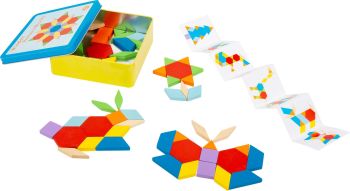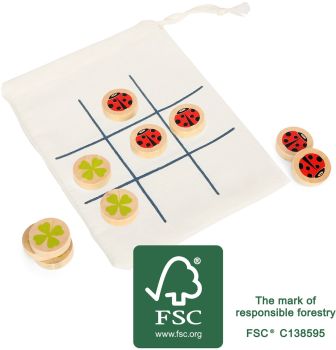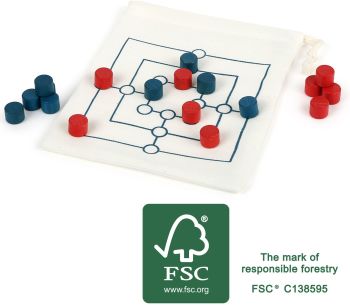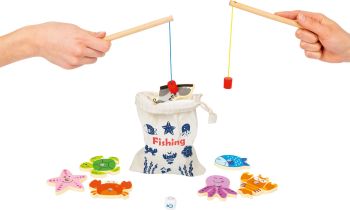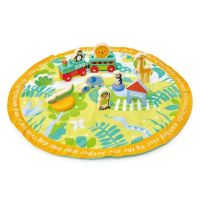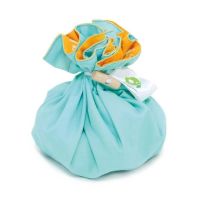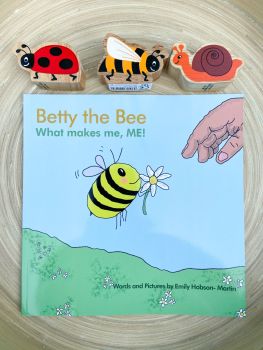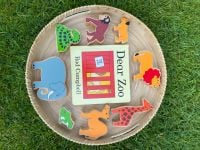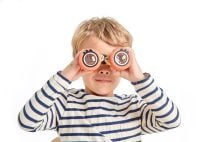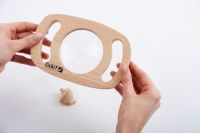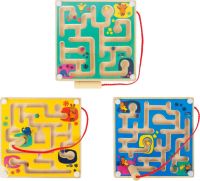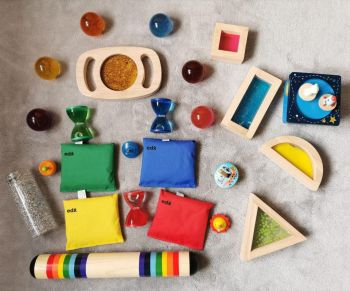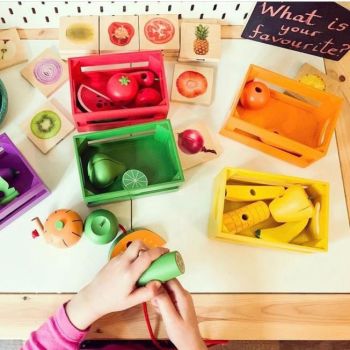Living in the moment: lessons from my ASD superhero
@cucu_and_the_cubs
Conall was diagnosed with aspergers and sensory processing disorder almost 3 years ago now. He’s a bright and curious 8 year old who overcomes daily challenges to access his school work and absolutely a superhero in my eyes! We’ve worked hard to help him to self-regulate by recognising and meeting his own sensory needs, or asking us for help if necessary. He’s become very good at this now, and our previous daily meltdowns have become far fewer and farther between.
Conall is happiest outdoors, preferably under the two ancient oak trees on the far side of the field. He walks around and around the enormous trunks, running his hands over the bark, lost in the sensation. He lies on his back and talks about - sometimes to - the clouds he can see through the branches, or “craws” at the crows flying overhead. When he’s having a difficult morning, I’ll sometimes let him go out into the garden to play alone for a few minutes. I’ll often see him from the kitchen window, standing stock still, just gazing straight up into the sky. If I call to him at these times he is deaf to everything: he is truly connected with the world around him. He is entirely in the moment.
Conall has always displayed a sensory approach to life. He likes to touch and taste things, touching not only with his fingertips, but his bare feet, his lips and his tongue. He experiences the world in a different, far more holistic way to the rest of us - and frankly when I hear that he has been licking puddles at school, or see him walking barefoot across our frozen gravel drive, I’m more than a little worried by it. But as long as they are safe activities, I have come to recognise these as very real ways of connecting with our world. Other children may jump in muddy puddles in their wellies; we have a clean water tray outside the front door permanently, for washing thick squelchy mud from between bare toes. Rather than discourage him, we now encourage his brothers to join in. We use it as a life skills exercise, running through a quick risk assessment before we begin. The kids can now spot a sharp stone or a pointy stick, not to mention a poisonous berry or potentially poisonous mushroom, at a distance!
It does seem that we place a lot of emphasis on teaching children to live WITHOUT mindfulness. Our school system is geared towards the future from day one; to conforming to society, working our way through the accepted paths of education, and ultimately to passing exams with as high a score as our potential suggests we can achieve. We teach children to be disconnected from the world around them, to look but not touch, to keep their hands and clothes clean, eat with a knife, fork and spoon and wash their hands after every activity. These are important skills to learn, not least to keep ourselves healthy and germs at bay. But actually, getting our hands in the mud, or paint, feeling the texture of an avocado, lying in the grass and talking back to the crows all allow us to connect with what is around us. They ground us in the moment. Mud, paint and avocado will all wash off, even if the grass-stains won’t...
I began documenting our journey to diagnosis right at the very start of Conall’s journey when the twins were three, and would like to close by sharing a paragraph from my journal:
As I write this, I can see the twins and my husband crossing the field in the dusk light, on their way home from a visit to the oak trees. Both my twins and my husband have beaming, rosy faces, and my sensory son is catching snowflakes on his tongue. With a warm glow in my heart, I can’t help but think that, in his unique and contrary style, my lovely boy is showing us all the way. There issomething powerful in connecting to nature and, in fact, in connecting with our inner preschoolers - if only because they are so much more accomplished at living in the moment than we grown-ups ever could be.
Thank you to Caroline for sharing her beautiful story of Conall, I have learnt so much this week about ASD, the spectrum and hearing real life stories has definitely given me insight into what it can be like.
I hope you have found it useful.

